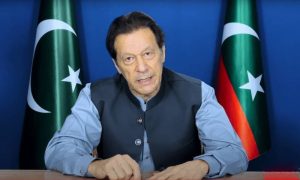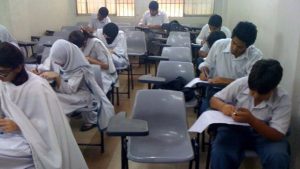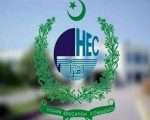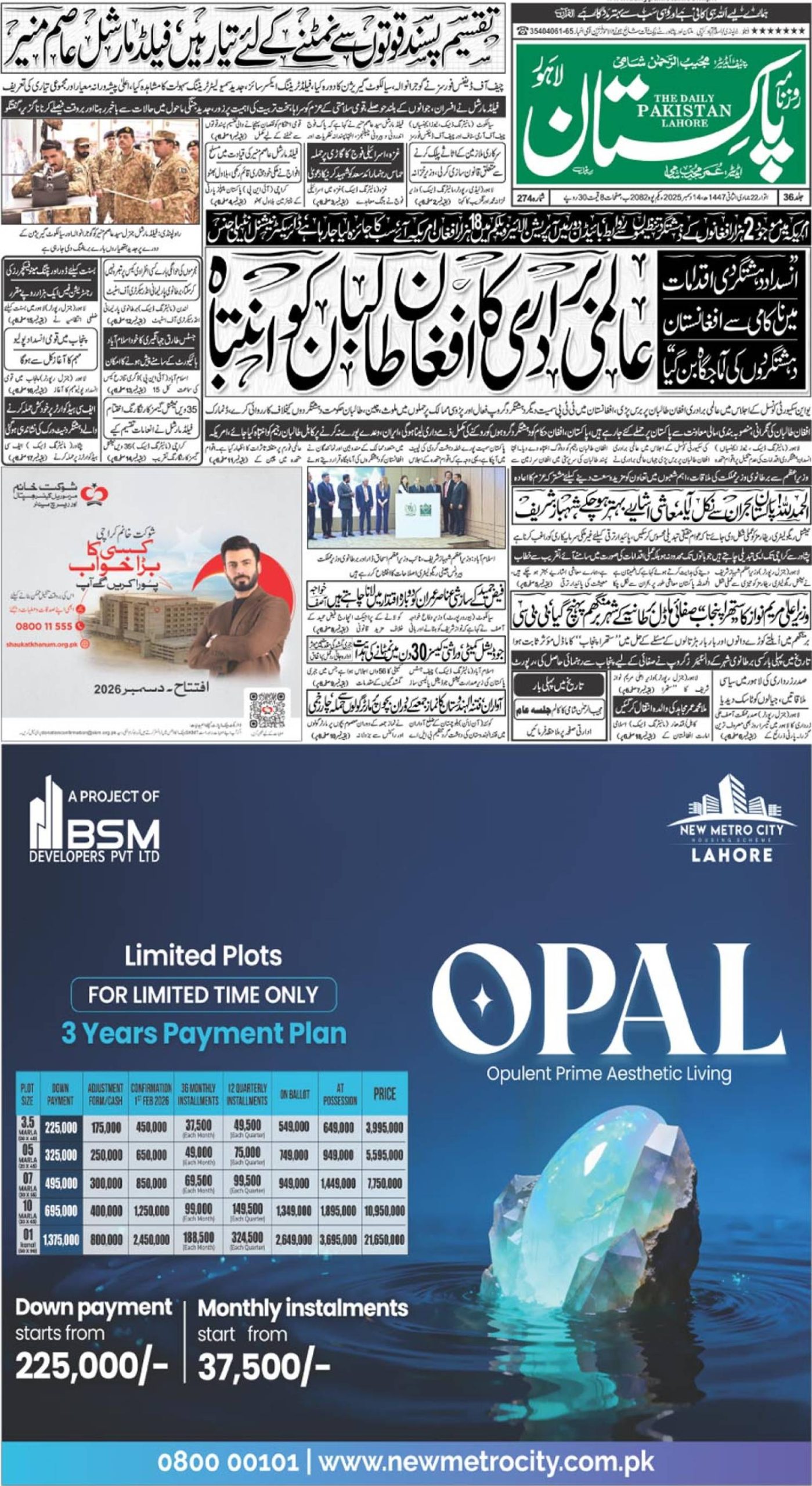ISLAMABAD – It is encouraging that Prime Minister Shahbaz Sharif has issued directives to curb the illegal trade of tobacco products in Pakistan, states Capital Calling, a network of academic researchers and professionals.
Civil society organizations and groups have lauded the directive of the prime minister.
The network states that some parliamentarians have reportedly raised their voices against smoking and the ills it has been inflicting on Pakistani society, which is encouraging.
It presses other parliamentarians and cabinet members to raise their voices on this account also. The Federal Board of Revenue (FBR) has put in place a Track and Trace system to stop the illicit trade of cigarettes.
After the track and trace system, illicit trade has been cut down to a great extent in the market.
There, however, are reports that some manufacturers have been trying to flout this system, which is deplorable.
It says fudging of figures should be detected and discouraged at all levels.
Separately, some health activists also mentioned that during pre-budget seasons, the tobacco industry uses blown up percentage of illicit trade to influence the policymakers from raising taxation according to the rate of inflation.
The network cites a report mentioning that “tobacco induced disease causes an annual economic burden of 615 billion which is 1.6% of Pakistan’s GDP. It adds that cigarettes are unessential items, and it has to be taxed in accordance with the recommendations of the World Health Organization (WHO).
It states that cigarette industry uses different tactics to divert people from underreporting. “These companies under-report their production and then sell their non-reported products in the illicit market, causing billions of loss to the national exchequer,” it says, quoting a recent report.
It is estimated that 15 percent of the cigarettes in Pakistan are illicit, which is deplorable. The increase in taxes on cigarettes is borne by smokers if it is passed on to the price. The network reports that this way, people are discouraged from smoking as they cannot afford high prices. In addition, it brings down the budget that is spent on treating tobacco-related diseases.
“Tobacco companies have increased their net-of-tax prices. Due to over-shifting, the excise tax share in retail price remains at 51.6%, lower than the widely-accepted benchmark of 70%,” it says, citing a recent report.
Khalil Ahmed Dogar, Program Manager (SPARC) said that the tobacco industry claims that it does state-of-the-art research to present solutions to Pakistan’s economic woes. In reality, the only state-of-the-art thing the tobacco industry produces is the killer products that are jeopardizing Pakistan’s health and economy. It is a fallacy to think that Pakistan can prosper while tobacco products are at large.
Khalil mentioned that the Track & Trace System of the Federal Board of Revenue (FBR) provides an excellent opportunity for the government to tackle the issue of whatsoever ever of taxes and illicit trade, which needs to be extended to all other cigarette manufacturing companies currently not integrated
Once this step is achieved, yet another excuse for the tobacco industry will be put to rest. He further stresses the need for active tax administration by authorities to curb the existing burden of illegal production and sale of cigarettes.













